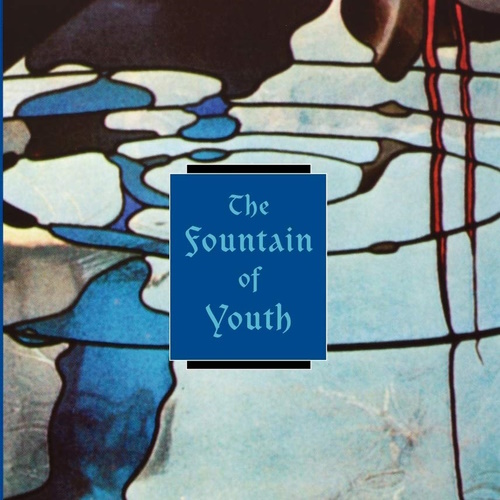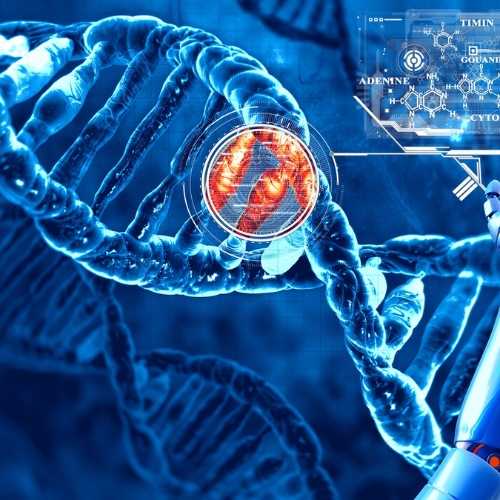The fountain of youth: cultural, scientific, and ethical perspectives on a biomedical goal
This book was assembled to review the history of the quest for extended and eternal life, edited by Stephen G. Post
A wide variety of ambitions and measures to slow, stop, and reverse phenomena associated with aging have been part of human culture since early civilization. From alchemy to cell injections to dietary supplements, the list of techniques aimed at altering the processes of aging continues to expand. Charlatans, quacks, and entrpreneurs proffering anti-aging products and practices have always exploited uniformed customers and instilled doubt and apprehension toward practices intended to extend life. Recently, however, the pursuit of longevity has developed into a respectable scientific activity. Many biologists are substantially funded by the government and the private sector to conduct research that they believe will lead to effective anti-aging interventions.
While many embrace this quest for "prolongevity"--extended youth and long life--others fear its consequences. If effective anti-aging interventions were achieved, they would likely bring about profound alterations in the experiences of individual and collective life. What if aging could be decelerated to the extent that both average life expectancy and maximum life span would increase by forty percent? What if all humans could live to be centenarians, free of the chronic diseases and disabilities now commonly associated with old age? What if modern scientists could find the modern equivalent to the Fountain of Youth that Ponce de Leon sought?
Visit website: https://global.oup.com/academic/product/the-fountain-of-youth-9780195170085?cc=ba&lang=en&=
Details last updated 23-Jun-2019





